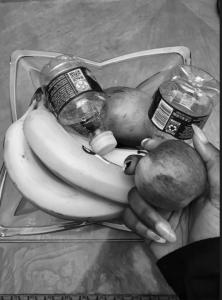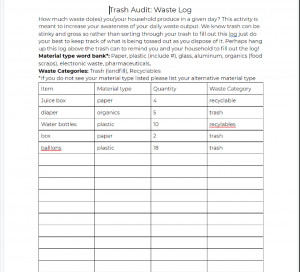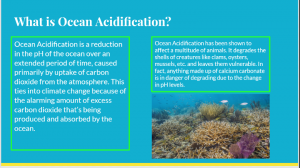This summer, I worked with Professor Pinar Batur and fellow Ford Scholar Stella Schram on designing and teaching a class about climate change for high schoolers in the Poughkeepsie area. Our class was one part of the larger 3-week Exploring College Summer Intensive (ECSI) program, and we collaborated with the Vassar Environmental Cooperative, the Office of Sustainability, and the Exploring College program to assemble the course. Stella and I served in the role of both teacher and mentor, facilitating in conducting the class and advising the students on their work outside of class time.
Professor Batur, Stella and I began our course planning in early June, curating a syllabus primarily focused on the social systems that have enabled and expedited anthropogenic climate change. As the class progressed, we tailored our syllabus to account for specific areas of student interest and changes in the pacing of the course. We also collaborated with the other teachers in the program to create a coherent course schedule that was conducive to the students’ learning. While Stella and I were only teaching a total of seven sessions throughout the program, we attended each session of the course as mentors to ensure that the students were adequately supported and that we all shared the same baseline knowledge.
In addition to teaching, each of the mentors (Stella, Alexandra, Elizabeth, Nehal, and myself) were responsible for helping the students prepare a final project on a topic related to climate change at the end of the three weeks. The students chose many different approaches and topics, and some of their work is attached below. Overall, we were highly impressed with all the work the students produced and the intellectual growth they demonstrated over the course of our short program.

An image from a student’s photography project on the abundance of plastic pollution in everyday life.


